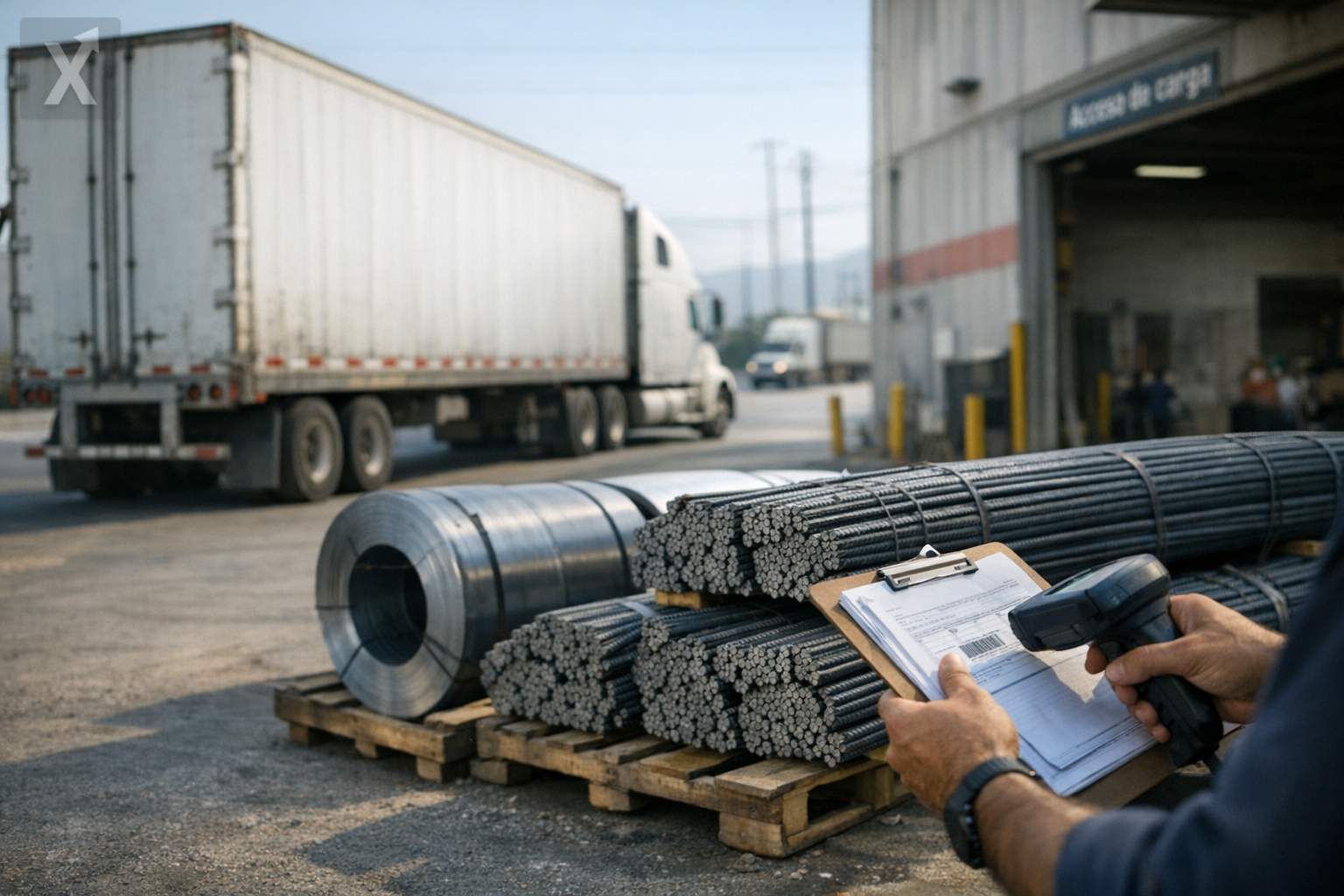Concerns in the Mexican Export Sector: Potential 150,000 Jobs at Risk from Trump Tariffs

The sectors that will be directly affected by the tariffs that Donald Trump could implement starting on his first day in office, January 20, 2025, are already calculating the impact this could have. For companies that are part of the Manufacturing, Maquiladora, and Export Services Industry Program (IMMEX), a direct loss of 150,000 jobs is anticipated as an immediate consequence of this measure.
On 'nearshoring'
Carlos Palencia, general director of the National Council of the Maquiladora and Export Manufacturing Industry (INDEX), states that this estimate of job losses in the manufacturing sector would only be the beginning of the effects of the tariffs. The projections are conservative as they assume that the tariffs would not affect all products and wouldn't reach 25%. "Next year is expected to be complicated, and we must approach it with caution. It is essential to define foreign trade policies correctly and review the US-Mexico-Canada Agreement (USMCA)," he added in an interview with Expansión. IMMEX sector companies employ approximately 3.3 million people, the majority of whom are in manufacturing. This year, a slowdown in job growth is being observed, expected to be in the single digits, unlike the double-digit increases of previous years, due to a deceleration in export growth. With the decline in exports and Trump's arrival in 2025, greater concerns about employment in the IMMEX sector are emerging. "In general terms, employment had ups and downs in 2024; except for two months, there were increases in both direct and indirect employment in technical areas, production lines, and administrative positions." Palencia points out that if Trump's tariff announcements do not materialize, up to 80,000 new jobs could be created annually. According to the general director of INDEX, it is not unreasonable to think that these tariffs could be implemented, even though this would affect U.S. companies operating in Mexico, as there is concern that incentive policies may be adopted. “I understand that tariffs in Mexico and globally will impact the consumer, but he could attempt to offset that with a reduction in the income tax rate. He could do it sectorally or generally for the consumer, because he could argue: ‘Okay, I'm applying tariffs, but with a tax rate reduction, I'm partially compensating you.’ That is a possibility the United States has. We do not have that flexibility because the Mexican government does not typically offer incentives to the private sector,” he stated. Mexico will continue to be the target of criticism from Trump due to the high trade deficit it records, which stands at $141.856 billion, which he considers a subsidy. “This is a factor that works against us, as he believes that trade should always benefit him.” "The problem is that today the trade deficit with Mexico is greater than what he had registered at the beginning of his first term. So he might ask himself: 'What's happening? We made a reform to NAFTA, which transformed into the USMCA, and instead of having a more favorable balance for the United States, Mexico now seems to be the beneficiary." However, this indicates that production in Mexico is competitive compared to other countries, Palencia adds. Regarding the increase in IMMEX companies, no significant impact from the relocation of companies known as "nearshoring" is yet being observed, as the number of these remains relatively stable, according to the general director of INDEX. According to data from INEGI, in September of this year, 5,195 manufacturing companies were registered and 1,295 in the non-manufacturing sector, totaling 6,490. In 2023, 5,200 manufacturing and 1,270 non-manufacturing companies were reported, totaling 6,470. "What we have noticed is an increase in production lines, but I still haven't seen a significant number of companies that attribute this to relocation; in reality, the number of companies has remained around 6,500 in recent years. In terms of employment, there are also no drastic changes." Regarding investments, it has been noted that companies are reinvesting profits, while new investments have decreased, suggesting they are expanding or improving their equipment, as well as opening new production lines.
It's a challenging landscape for the export sector, as the uncertainty created by possible Trump tariffs may limit growth and job creation. However, the ability of Mexican companies in the manufacturing sector to adapt could play a crucial role in mitigating the impact of these measures. Fostering an environment that encourages investment and competitiveness will be vital for the sustainable development of the Mexican economy in these uncertain times.






